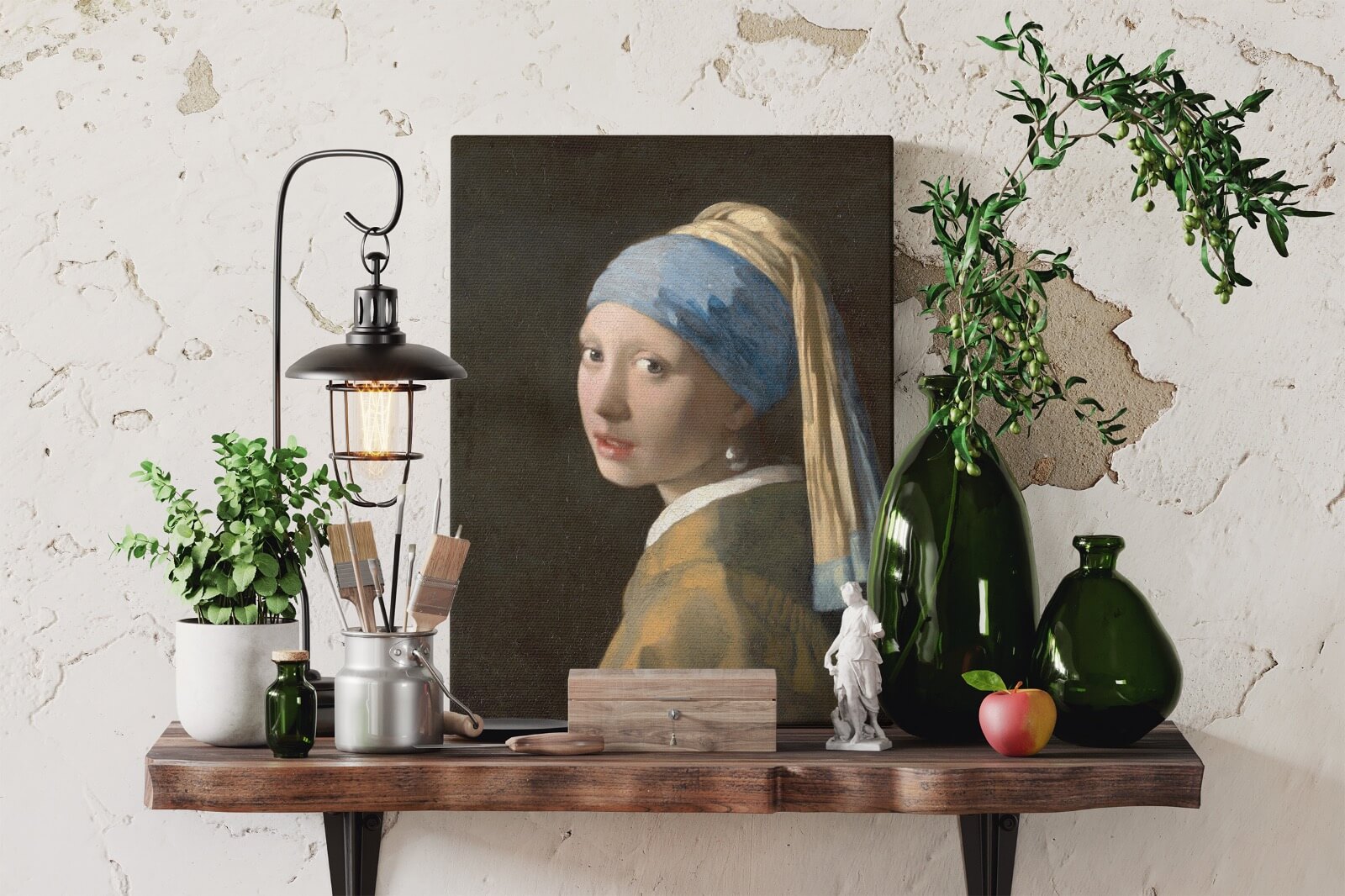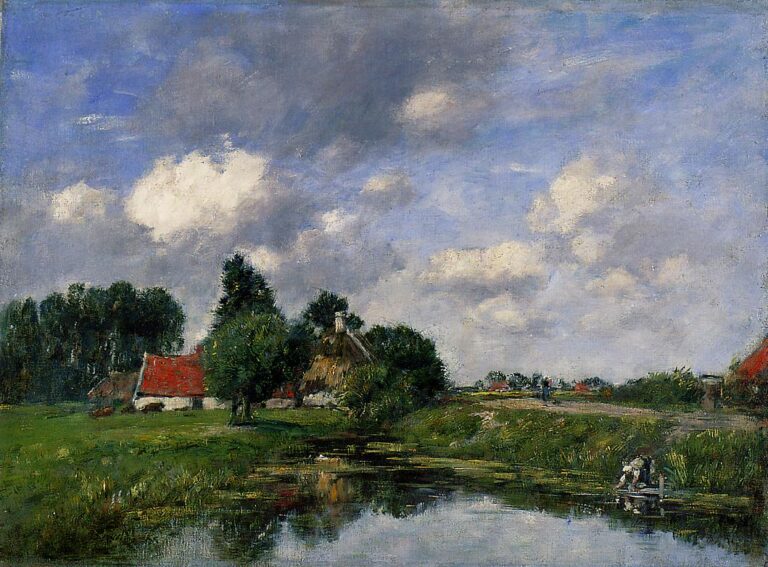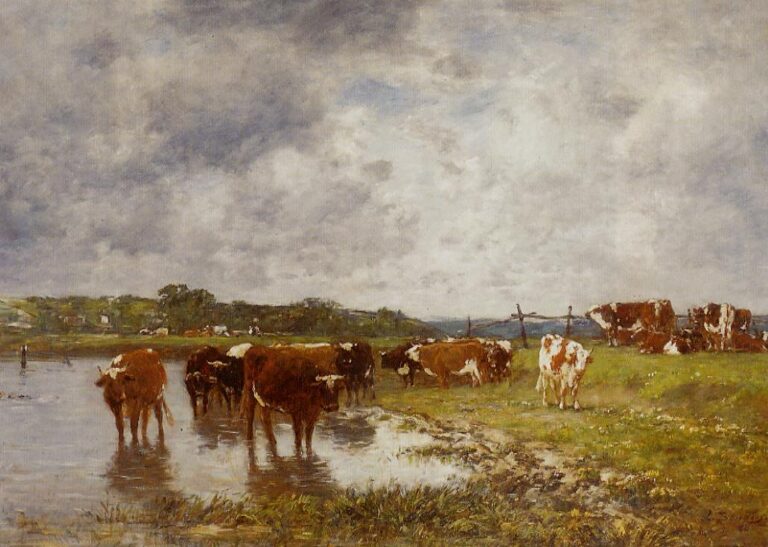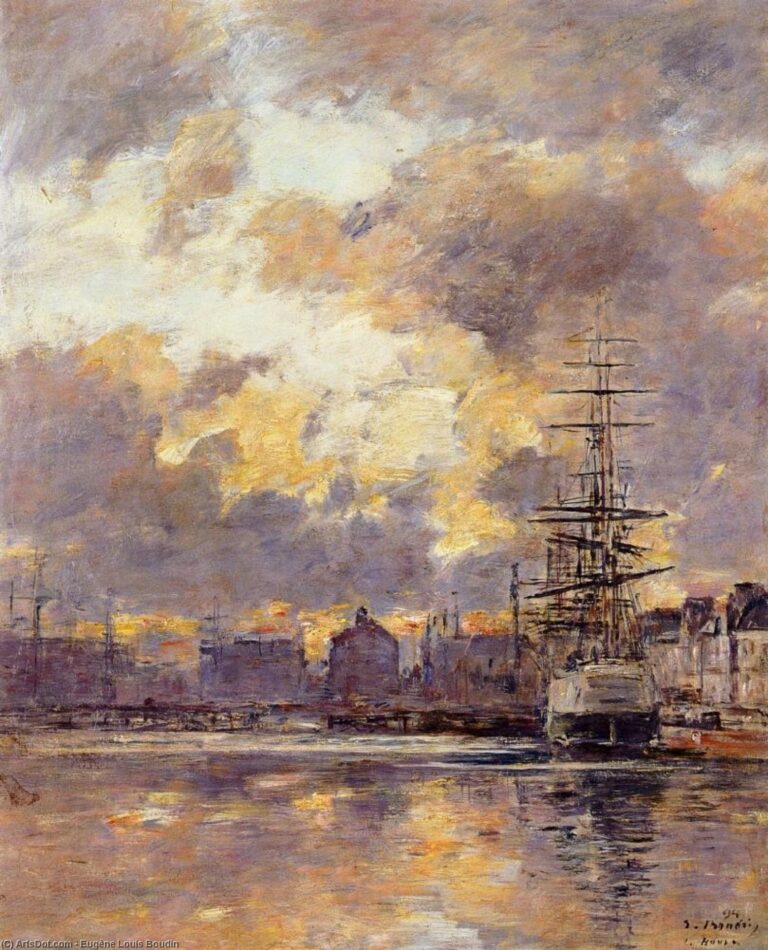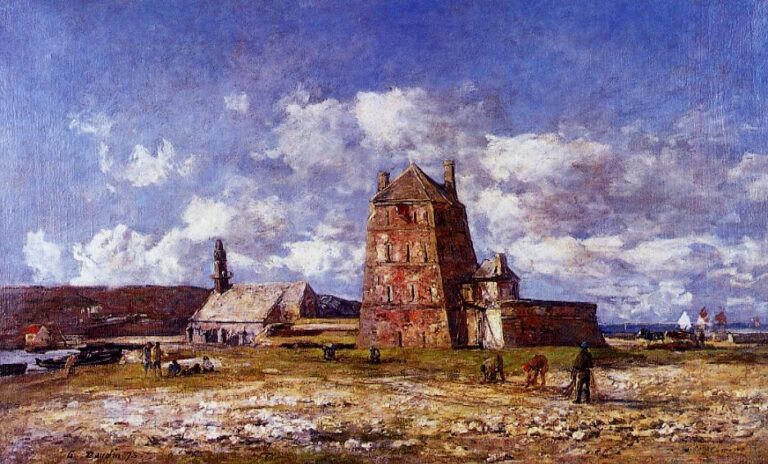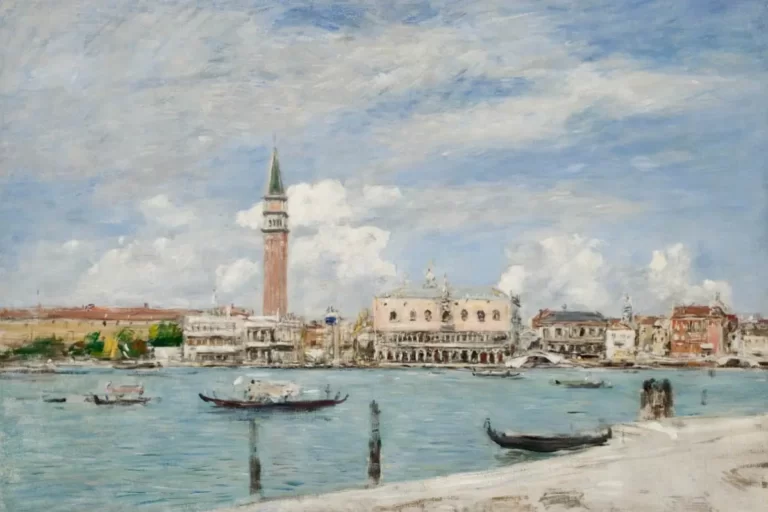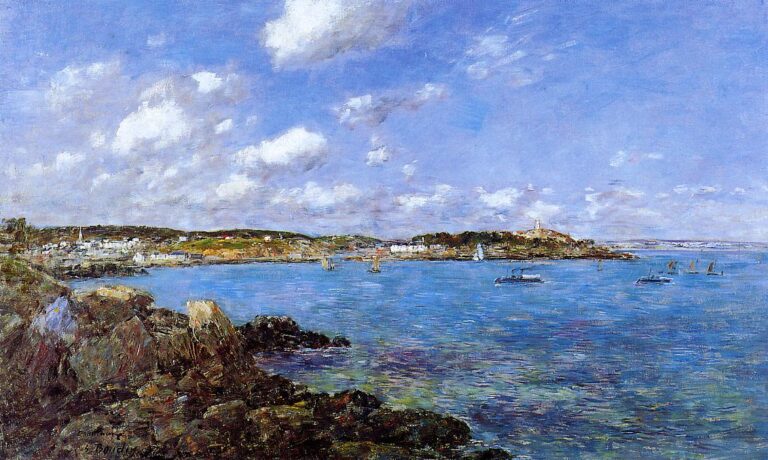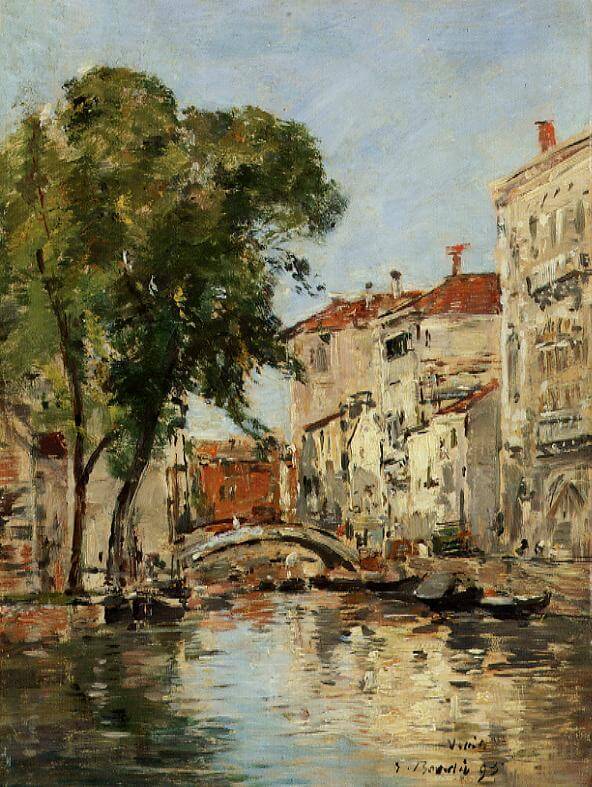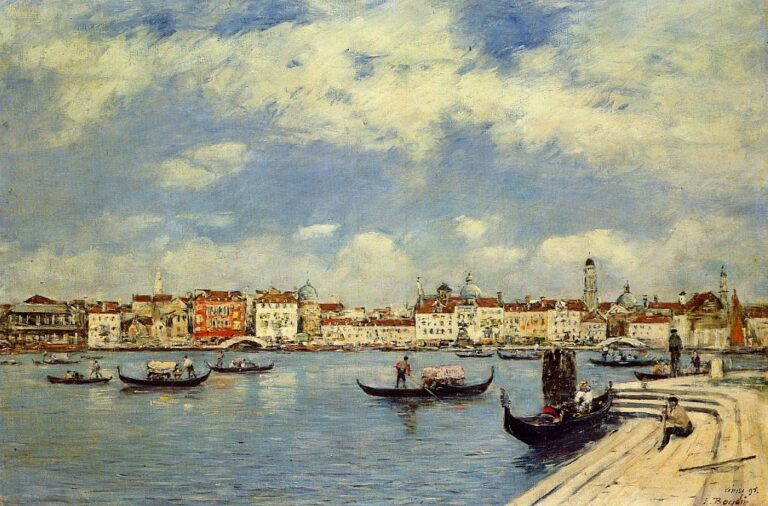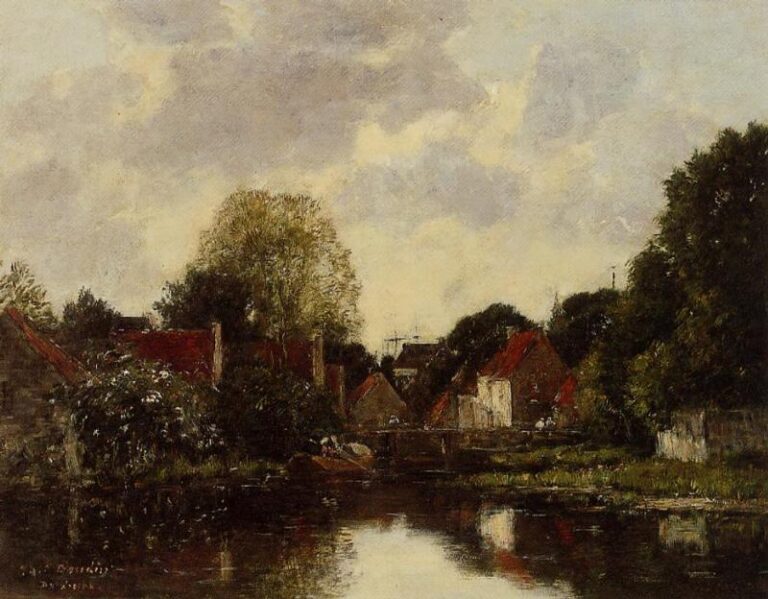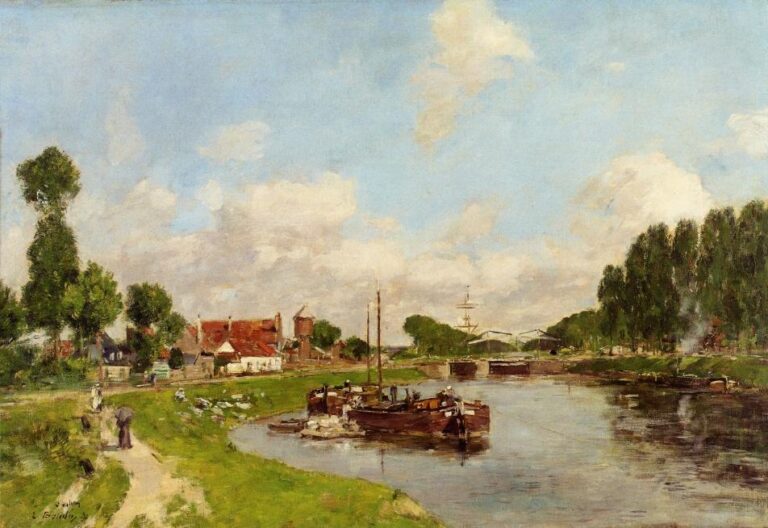Eugene Louis Boudin
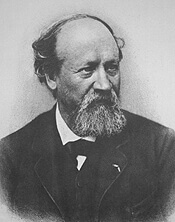
Title: Eugene Louis Boudin: A Journey Through Light and Atmosphere
Introduction:
Eugene Louis Boudin, a pioneering French artist, is celebrated for his revolutionary contributions to the world of Impressionism. Born on July 12, 1824, in Honfleur, a picturesque coastal town in Normandy, Boudin’s artistic journey would shape the course of modern art. With his keen observation, mastery of light and atmosphere, and unwavering commitment to plein air painting, Boudin became a catalyst for the Impressionist movement and left an indelible mark on the art world.
Early Life and Influences:
Boudin grew up in a family of mariners, and from a young age, he was exposed to the expansive seascapes and changing skies of his hometown. Honfleur’s vibrant maritime atmosphere and bustling port served as a constant inspiration for his future artistic endeavors. Working in his father’s stationery and framing shop, Boudin developed an early interest in art and began sketching the local scenes that surrounded him.
Meeting the Master: Constant Troyon:
In 1835, Boudin crossed paths with Constant Troyon, a renowned landscape painter, during one of Troyon’s visits to Honfleur. Impressed by the young artist’s potential, Troyon encouraged Boudin to pursue his passion and provided him with crucial guidance. Under Troyon’s tutelage, Boudin honed his skills in landscape painting and learned to capture the essence of light and atmosphere.
Parisian Sojourn and the Artistic Circle:
In 1847, Boudin made his way to Paris, seeking to expand his artistic horizons. There, he immersed himself in the vibrant artistic community and frequented the renowned Louvre Museum, where he studied the works of masters such as Jean-Baptiste-Camille Corot and Jean-François Millet. Boudin’s encounters with these influential artists further fueled his passion for capturing the ever-changing qualities of natural light.
Mentoring Young Talents:
Boudin was not only a remarkable painter but also a nurturing mentor. Recognizing the talent of a young Claude Monet, he encouraged Monet to embrace plein air painting and introduced him to the techniques of capturing the fleeting effects of light. Boudin’s guidance proved instrumental in shaping Monet’s artistic vision, and the two artists shared a lifelong friendship.
Pioneer of Plein Air Painting:
Boudin’s devotion to painting en plein air (outdoors) was groundbreaking at the time. He ventured outside the confines of the studio, capturing the spontaneity and vitality of the natural world. The artist would often set up his easel on beaches, harbors, and along the coast, painting with rapid brushstrokes and a keen eye for atmospheric effects. His ability to depict the subtle interplay of light, sky, and water became his signature style.
Recognition and Success:
Boudin’s talent did not go unnoticed, and he quickly gained recognition within artistic circles. His works were exhibited in prominent salons, and his skillful renderings of seascapes and coastal scenes garnered critical acclaim. His ability to capture the nuances of changing weather, the sparkle of sunlight on water, and the delicate interplay of color and atmosphere brought him both admiration and success.
Legacy and Impact:
Eugene Louis Boudin’s impact on the art world cannot be overstated. His dedication to plein air painting laid the foundation for the Impressionist movement, and his influence can be seen in the works of countless artists who followed. Boudin’s ability to infuse his paintings with a sense of luminosity, spontaneity, and emotional resonance continues to captivate audiences to this day.
Conclusion:
Eugene Louis Boudin’s journey as an artist was a testament to his unwavering dedication, keen observation, and innate talent. Through his masterful renderings of light, atmosphere, and natural landscapes, he played a pivotal role in shaping the course of Impressionism. Boudin’s legacy endures as an inspiration for aspiring artists, reminding us of the transformative power of capturing the beauty and essence of the world around us.
